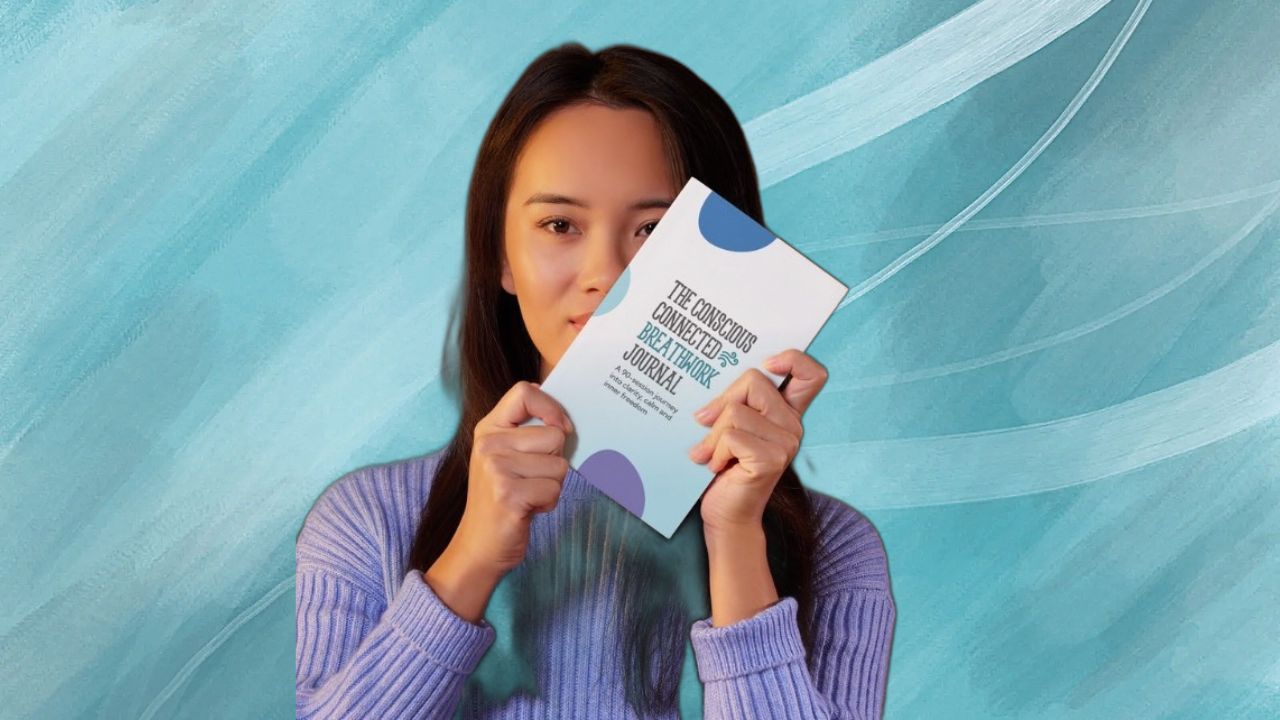|
Track your experience |
It gives you the ability to capture sensations, emotions, insights, and breakthroughs. If you don't capture them after the session, they can quickly fade. |
|
Build consistency |
Journaling strengthens commitment and makes your practice more regular. Everytime you breath you will discover more about yourself. |
|
Discover emotional patterns |
Breathwork often brings up buried emotions. Writing them down helps you understand and process them. |
|
Notice the little shifts |
As you record your sessions, you'll start to see shifts in yourself. In your energy, mood, and stress levels. It's great to see evidence of progress when you capture it this way. |
The Power of Journaling to Deepen your Breathwork

During my breathwork training, journaling was one of the most powerful tools I used to develop my practice. It gave me the ability to go deeper into what I felt, thought and experienced. It allowed be to explore, process and integrate what came up for me.
Journaling your breathwork sessions can help you:
This is all great, you might be thinking, but how do you make sure you do it consistently? Let me tell you how I found a way that worked for me.
Overcoming resistance to journaling
When I first began journaling, I struggled to stay consistent. I knew it was valuable, but perfectionism made it feel overwhelming.
Then I discovered the ‘2-minute rule’ from Atomic Habits by James Clear. The idea is simple: start by journaling for just two minutes. I’d write a few keywords or short sentences, enough to capture the essence of the session.
That small shift changed everything.
The truth is, resistance to journaling is common. It often masks deeper things; like fear of self-reflection, fear of facing difficult emotions, or a belief that we have to do it ‘right’ for it to be worthwhile.
But journaling isn’t a performance. It’s a mirror. It’s a space where you meet yourself with honesty, curiosity, and compassion. That’s why it doesn’t need to be long or perfect—just your raw reflection of what you experienced.
Some days, words will flow. Other days, you might only manage a sentence. Both are valid. Try seeing journaling not as a task, more as a companion. A way to better understand who you are becoming.
If there's one thing I've learned, it's this: the answers we seek are often already inside us. And the breath is one of the most powerful ways to find them.
The Conscious Connected Breathwork Journal
If this has inspired you to explore journaling, consider checking out my breathwork journal. It offers a practical, grounded path to healing through conscious connected breathwork.
Whether you’re new to conscious connected breathwork or returning to deepen your practice, it supports your growth gently and consistently.